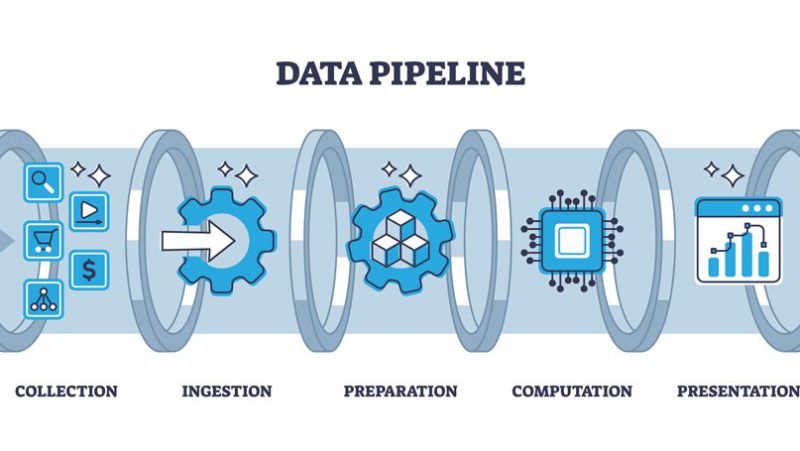The volume and variety of data collected by organizations are growing at an unprecedented rate. A 2019 survey by Matillion and IDG found that enterprises generate data from an average of 400 sources, with 20 percent of the respondents collecting data from more than 1,000 sources.
With the rise in Industry 4.0 technologies, manufacturers create vast amounts of data from various sources such as Industrial IoTs (IIoTs), machines, sensors, and production lines in addition to data from business operations and a vast network of suppliers. Storing, managing, and analyzing large amounts of data requires state-of-the-art solutions such as a data lakehouse.
A data lakehouse is a hybrid data architecture that combines the best features of data lakes and data warehouses. Its scalable, cost-effective, and flexible design is ideal for managing and deriving tangible business value from large amounts of data in disparate formats from multiple sources.
Here are some ways data lakehouses can provide a very value to manufacturers.
- Predictive Maintenance: Although manufacturers generally follow preventive techniques to maintain their equipment, that approach can lead to unnecessary costs or unexpected failures that result in unplanned downtime and expensive repairs. Today’s manufacturers are already collecting sensor data that measure the performance and wear of the equipment. A data lakehouse is an ideal solution to store the large amounts of data these sensors stream. With the appropriate AI/ML models integrated into the data lakehouse, manufacturers can proactively identify potential issues with the machinery and equipment before a catastrophic failure. The predictive insights from these models help managers schedule maintenance at the right time, maintaining optimum levels of uptime while lowering the total cost of ownership (TCO).
- Quality Control: Sensors measure various physical properties such as geometric variance, temperature, or chemical composition of the manufactured products, which help monitor product quality. However, it is difficult to determine the larger quality interdependencies when those data are locked away in disparate systems. With a data lakehouse in place, AI/ML models can be deployed using this valuable data to help floor management promptly identify quality issues and take corrective actions to reduce the scrap rate, thereby significantly boosting line-level profitability.
- Supply Chain Management (SCM): SCM systems help manage the flow of goods and services from raw materials to the end product using a network of suppliers. These systems collect and provide visibility into inventory levels, production schedules, delivery times and schedules, invoices, and customer orders/payments. A data lakehouse serves as a platform to integrate and gain insights across the entire supply chain, helping manufacturers optimize delivery times, reduce costs, and improve customer satisfaction.
- Product Design and Development: A data lakehouse can ingest and store data from various sources such as market research, customer surveys and feedback, production data, and warranty data, which is highly beneficial in providing valuable information for product design and development. The BI and analytics capabilities implemented in a data lakehouse enables manufacturers to identify customer requirements, preferences, and trends and develop new products that meet these requirements faster, a gaining competitive advantage.
- Operations Management: Manufacturers collect data on production processes, material usage, energy and resource consumption, production output, and labor productivity from multiple sources. With these data maintained in separate systems, businesses get a narrow, siloed view of operational efficiency. By integrating and analyzing this data into a data lakehouse, manufacturers can identify areas for holistic operational improvement and implement more assured measures to enhance operational efficiency across the enterprise.
- Sales and Marketing: Data lakehouse serves as a repository to collect and save a broad range of information obtained from multiple customer touchpoints across diverse sales and marketing channels. By making self-analytics available for marketers, a data lakehouse empowers business teams to implement faster data-driven go-to-market adjustments. Insights into customer segmentation, attribution, targeting, cross-selling, and upselling opportunity identification help improve the ROI of marketing and sales programs.
A data lakehouse that functions as a unified, centralized repository can be a valuable tool for manufacturers to manage, store, and analyze the vast amounts of data generated by the operational divisions. By leveraging this data, manufacturers can improve operational efficiency, optimize supply chain management, and develop innovative new products that meet the changing needs of customers.




